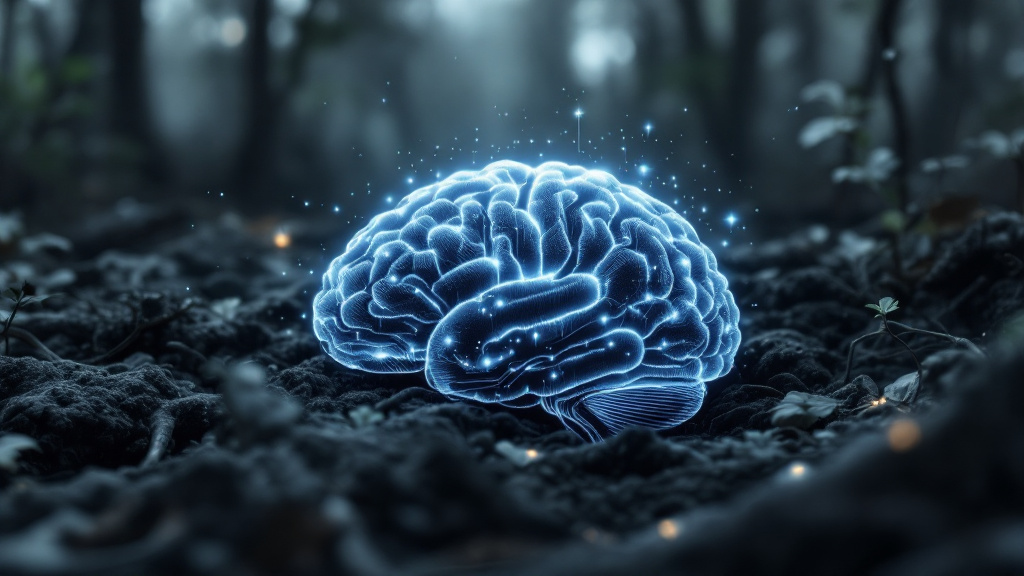The Complexity of Eating Disorders
Eating disorders are complex and multifaceted mental health conditions that are often misunderstood. Characterized by severe disturbances in eating behaviors and preoccupations with body weight and shape, these disorders can have devastating consequences on both physical and mental health. In this article, we aim to provide a comprehensive understanding of what eating disorders are, their manifestations, and the importance of early intervention and treatment.
Defining Eating Disorders
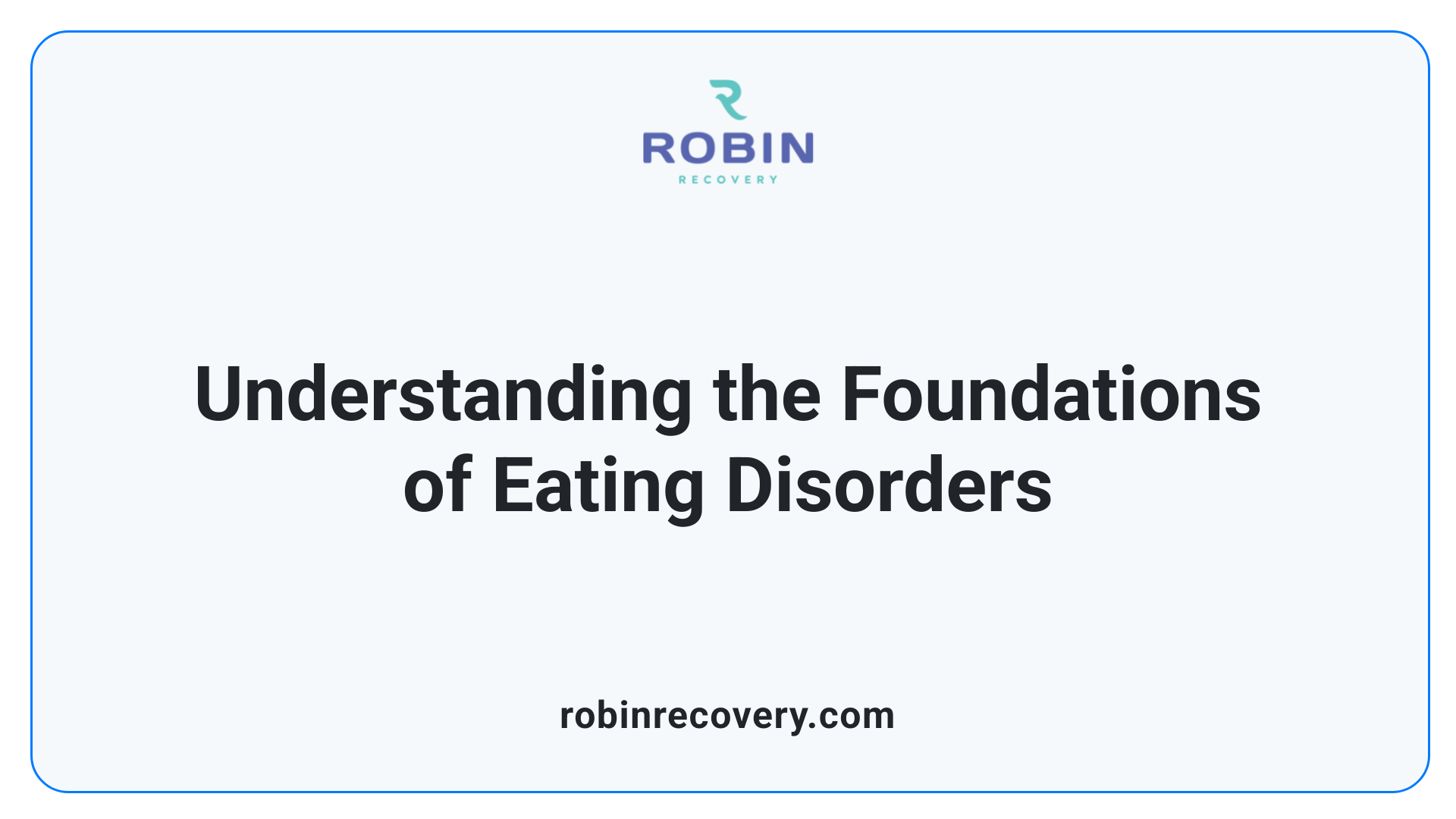
What is an eating disorder?
Eating disorders are serious mental health conditions characterized by severe disturbances in eating behaviors. These conditions often include an obsession with weight loss, body shape, or the control of food intake. Common types of eating disorders include:
- Anorexia Nervosa: Marked by restrictive eating and an intense fear of weight gain.
- Bulimia Nervosa: Involves cycles of binge eating followed by purging behaviors.
- Binge-Eating Disorder: Characterized by recurrent episodes of consuming large quantities of food without compensatory behaviors.
- Avoidant Restrictive Food Intake Disorder (ARFID): Involves a severe avoidance of food based on sensory characteristics or other non-weight-related concerns.
These disorders can affect individuals of all ages, genders, and backgrounds, leading to significant physical and mental health complications. Approximately 5% of the population may experience an eating disorder at some point in their lifetime.
Characteristics of eating disorders
Eating disorders manifest through various unhealthy behaviors and thoughts about food, body image, and weight. Common behaviors include:
- Restrictive eating: Limiting food intake severely.
- Binge eating: Consuming excessive amounts of food characterized by a lack of control.
- Purging: Engaging in behaviors like vomiting or excessive exercising to eliminate consumed food. Symptoms may also include mood swings, significant weight fluctuations, and health issues such as malnutrition and heart problems. Co-occurring mental health issues, particularly anxiety and depression, are prevalent among those struggling with these disorders, further complicating their treatment and recovery.
Types and Characteristics of Eating Disorders
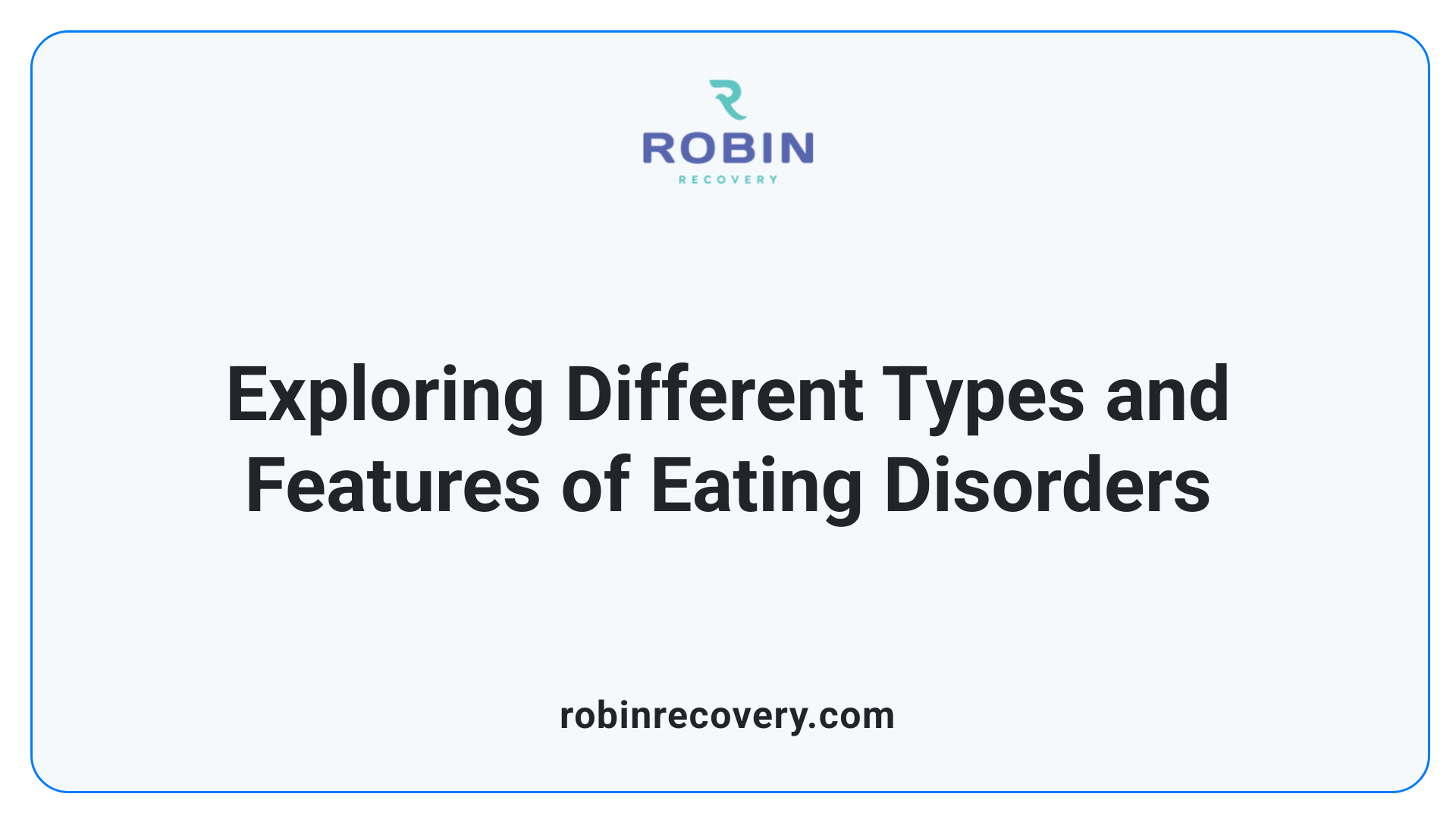
Types of Eating Disorders
Eating disorders encompass various conditions that profoundly affect an individual's relationship with food. The main types include:
- Anorexia Nervosa: Marked by significant restriction of food intake, intense fear of weight gain, and distorted body image. Often leads to dangerously low body weight.
- Bulimia Nervosa: Involves recurrent binge eating followed by inappropriate compensatory behaviors, such as self-induced vomiting or excessive exercise, to prevent weight gain.
- Binge Eating Disorder (BED): Characterized by eating large quantities of food in a short period, accompanied by feelings of distress, without subsequent purging.
- Avoidant/Restrictive Food Intake Disorder (ARFID): Involves severe limitations in food intake, often based on sensory issues or anxiety about food, without concerns over weight.
- Pica: The compulsive consumption of non-food items, such as dirt or stones.
- Rumination Disorder: Re-chewing and re-swallowing food, often leading to health issues like malnutrition.
Distinct Features of Eating Disorders
Eating disorders are characterized by severe disturbances in eating behaviors and significant preoccupations with food, weight, or body shape. Common behaviors include:
- Restricting food intake and avoiding certain foods.
- Binge eating and subsequent purging.
- Compulsive exercise as a means to control body weight.
These behaviors are often driven by underlying issues such as anxiety, low self-esteem, or societal pressures regarding body image.
Prevalence of Eating Disorders
Eating disorders affect a substantial portion of the population, with lifetime prevalence rates around 8.4% for women and 2.2% for men. They can develop at any age but are most common in adolescents and young adults. Research indicates that about 5% of the general population will experience an eating disorder, highlighting the significant impact these illnesses have across diverse demographic groups.
| Type of Eating Disorder | Distinct Features | Prevalence Estimate |
|---|---|---|
| Anorexia Nervosa | Weight loss, distorted body image, fear of weight gain | 0.5 - 1% |
| Bulimia Nervosa | Binge eating, purging behaviors, distorted body image | 1 - 2% |
| Binge Eating Disorder (BED) | Binge episodes without purging, feelings of guilt | 2 - 3% |
| Avoidant/Restrictive Food Intake Disorder (ARFID) | Extreme food avoidance, lack of interest in food | Rare, but increasing in prevalence |
| Pica | Eating non-food items | Unknown, varies significantly |
| Rumination Disorder | Re-chewing and regurgitating food | Rare |
Understanding the various types and characteristics of eating disorders is vital for early intervention and effective treatment.
Typical Behaviors and Mental Health Implications
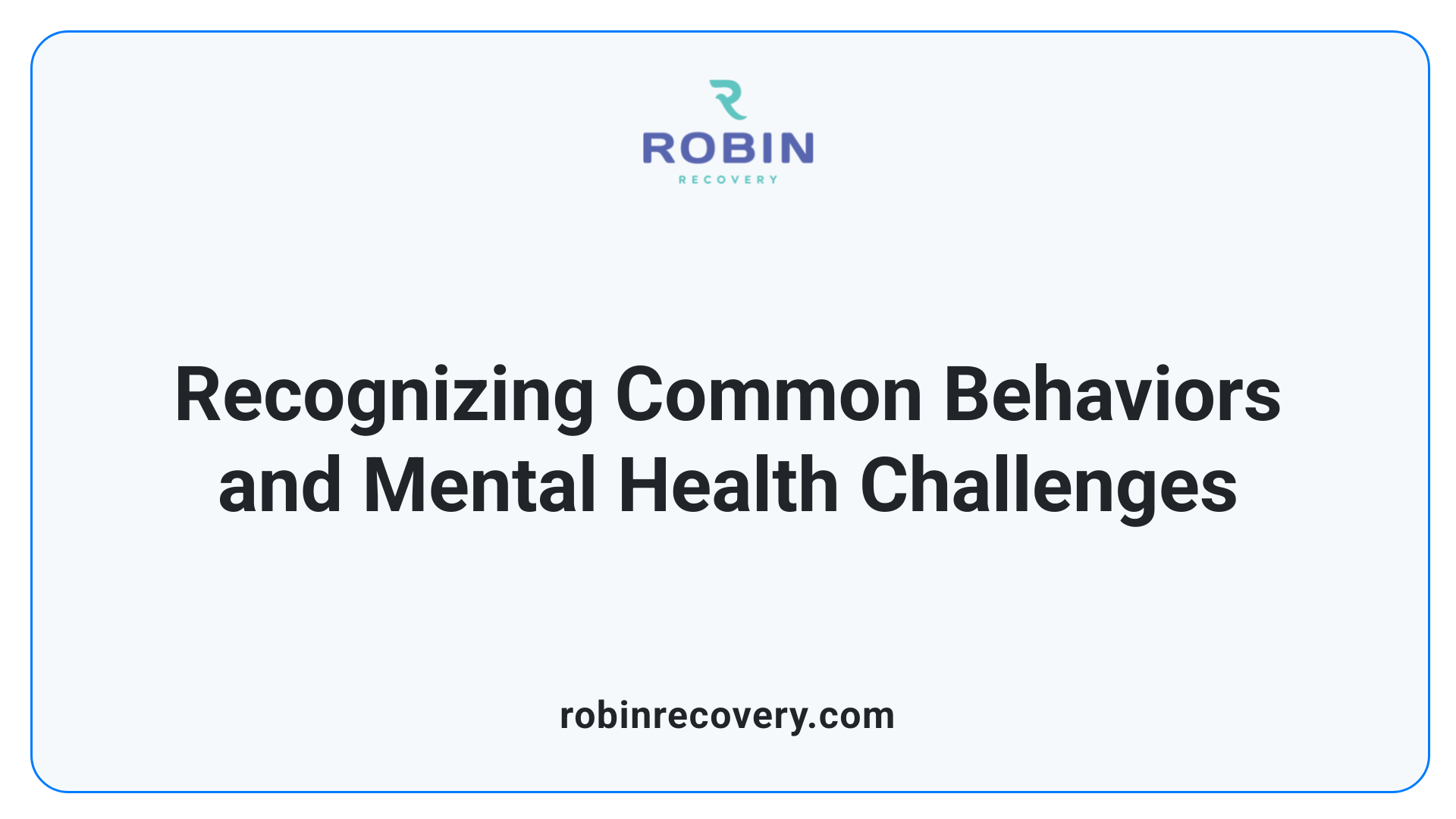
What are some common behaviors associated with eating disorders?
Common behaviors associated with eating disorders exhibit a range of severe eating patterns and psychological responses. Individuals may engage in:
- Severe restriction of food intake: Practicing extreme dieting or avoiding entire food groups.
- Binge eating episodes: Consuming large quantities of food in a short period, often leading to feelings of distress afterward.
- Purging behaviors: Using methods such as self-induced vomiting or laxative misuse to counteract overeating.
- Compulsive exercise: Exercising excessively as a way to manage weight or compensate for eating.
These behaviors often coalesce around intense preoccupations with food, weight, and body image, which can inflate anxiety around eating. Mood swings and drastic weight fluctuations can exacerbate the emotional distress experienced by individuals with these disorders.
How do mental health comorbidities intersect with eating disorders?
Eating disorders frequently co-occur with other psychiatric conditions, complicating recovery efforts. Some common associated mental health issues include:
- Anxiety disorders: Heightened fear related to eating and body image.
- Depressive disorders: Feelings of worthlessness or sadness attributed to body perception.
- Obsessive-compulsive disorder (OCD): Rigid thought patterns regarding food and weight control.
- Substance use disorders: Using substances to cope with emotional pain or to alter body weight.
The intersection of eating disorders with these mental health conditions highlights the necessity for comprehensive treatment addressing both eating behaviors and underlying psychological challenges.
Risk Factors and Causes
Genetic and Environmental Influences
Eating disorders arise from a complex interplay between genetic predispositions and environmental factors. Genetics plays a notable role in increasing vulnerability; research suggests that individuals with a family history of eating disorders are at higher risk. Additionally, studies indicate that 20-60% of those diagnosed may have a history of obsessive-compulsive disorder (OCD), which further connects to genetic risk factors. Environmental influences, such as stressful life events, trauma, or major transitions, can trigger disordered eating behaviors, particularly in susceptible individuals.
Sociocultural Factors in Eating Disorders
Sociocultural influences significantly contribute to the development of eating disorders. Broader societal ideals often idealize thinness and promote unrealistic body standards. This cultural pressure can lead to negative body image and unhealthy dieting behaviors, especially among adolescents. Weight bullying, societal expectations, and the internalization of these ideals can create acute distress leading to eating disorders. Stressful life circumstances, combined with cultural ideals about body image, can heighten the risk of developing these serious conditions, affecting diverse populations regardless of age, gender, or background.
| Factor Type | Influences |
|---|---|
| Genetic | Family history, OCD |
| Environmental | Stressful life events, trauma |
| Sociocultural | Beauty standards, weight bullying |
Physical and Psychological Impacts of Eating Disorders
Physical Health Risks
Eating disorders pose serious physical health risks that can affect multiple organ systems in the body. Common complications include:
- Cardiovascular issues: Arrhythmias and heart failure can arise from electrolyte imbalances due to purging behaviors or malnutrition.
- Gastrointestinal problems: Binge eating can lead to obesity and associated conditions, while purging can result in damaged esophagus and dental issues.
- Nutritional deficiencies: Restrictive eating can cause weight loss and malnutrition, leading to fatigue and weakened immunity.
The mortality rate for individuals with eating disorders is alarmingly high, particularly for anorexia nervosa, which has the highest mortality rate among psychiatric disorders.
Psychological Effects
The psychological impacts of eating disorders are equally concerning. Individuals often grapple with:
- Distorted body image: Anorexia and bulimia frequently involve a distorted perception of body shape and weight, contributing to a fear of gaining weight.
- Mood disorders: Elevated rates of anxiety and depression co-occur with eating disorders, exacerbating feelings of isolation and distress.
- Social withdrawal: Many individuals with eating disorders may avoid social situations, particularly those involving food, leading to increased loneliness.
Both physical and psychological ramifications highlight the urgent need for effective treatment and early intervention.
Experiencing an Eating Disorder
What is it like to experience an eating disorder?
Experiencing an eating disorder can be a deeply isolating and distressing journey. Individuals often face significant disturbances in their eating behaviors, which lead to various physical and mental health challenges. For instance, someone with anorexia nervosa may impose severe restrictions on food intake due to an overwhelming fear of weight gain. On the other hand, those with bulimia nervosa might cycle between binge eating and purging, trying to cope with feelings of guilt that ensue.
The repercussions can escalate into serious health complications, such as malnutrition or electrolyte imbalances, which can be life-threatening. Moreover, mental health is heavily impacted, leading to increased risks for conditions like anxiety and depression.
Day-to-day challenges of living with an eating disorder
Daily life can revolve around food and body image in a way that distorts normal activities. Individuals may find themselves obsessively tracking calories, engaging in compulsive exercise, or avoiding social situations that involve eating. This fixation often leads to withdrawal from friends and family, which further exacerbates feelings of loneliness.
Impact on personal and social life
Relationships can suffer as the eating disorder takes center stage. Friends may struggle to understand the challenges faced, leading to misunderstandings and frustration. Additionally, social gatherings that involve food can become sources of significant anxiety and avoidance. Recovery is possible, and it typically involves a combination of medical care, psychotherapy, and nutritional guidance, emphasizing the importance of seeking help early for the best outcomes.
Treatment and Recovery
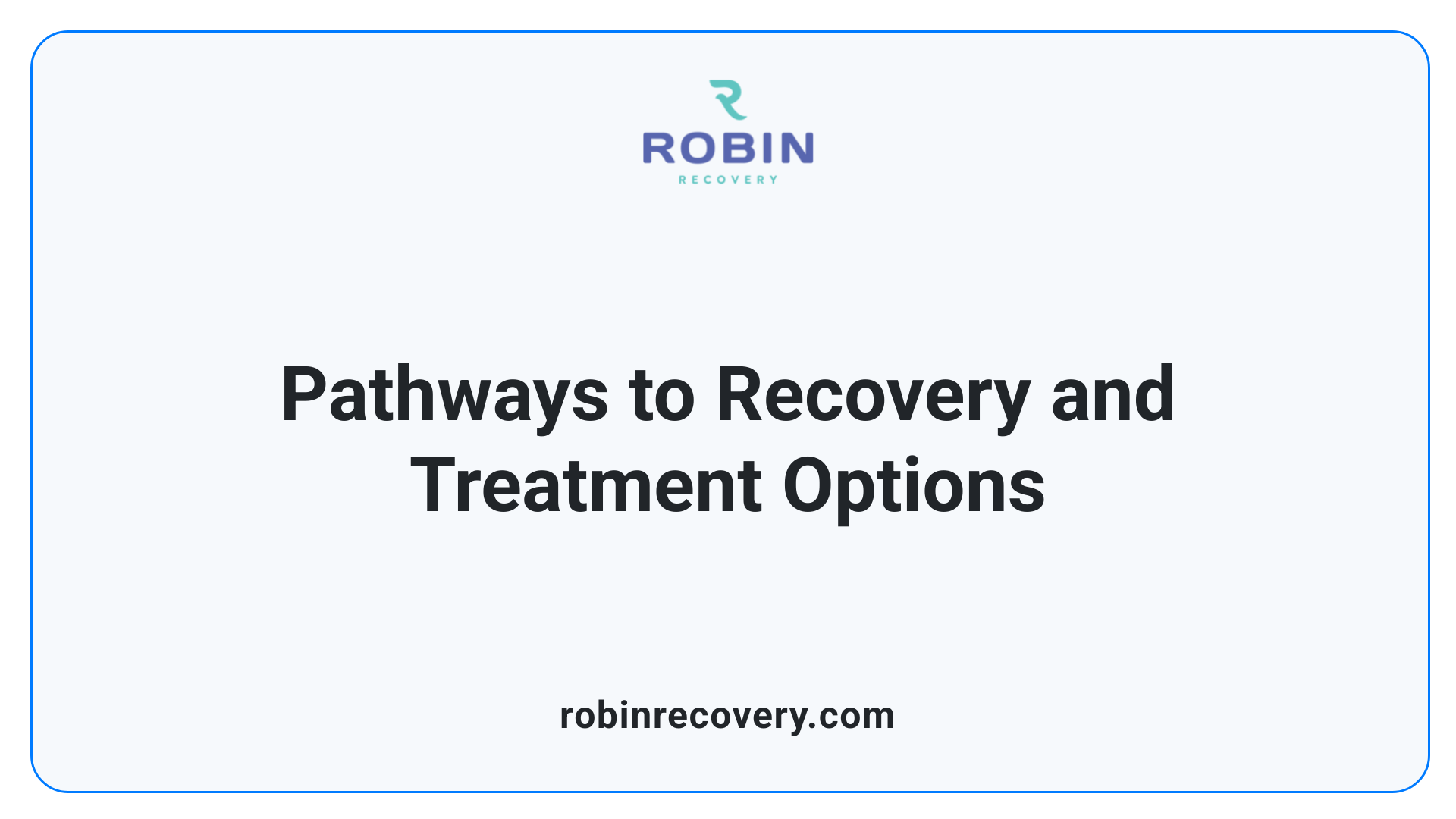
Available Treatments
Effective treatment for eating disorders is multifaceted and often requires a combination of therapies. Options include:
- Psychotherapy:
- Cognitive Behavioral Therapy (CBT) helps clients understand and change their eating behaviors and thoughts.
- Family-based therapy engages family members in the recovery process, particularly effective for adolescents.
- Medical Monitoring:
Regular health check-ups to monitor vital signs, weight, and overall well-being are crucial. - Nutritional Counseling:
Dietitians provide tailored meal plans to ensure balanced nutrition and restore healthy eating habits. - Medication:
In some cases, medications such as antidepressants may assist with associated mental health issues.
Recovery Process and Prospects
Recovery from eating disorders is a journey, often requiring ongoing support and treatment. While individual experiences vary, many people can achieve significant improvements in their health and quality of life.
The Role of Early Intervention
Early intervention is critical for increasing recovery prospects. Research shows that the sooner individuals receive treatment, the better their chances of full recovery. This highlights the importance of recognizing symptoms early and seeking help when needed.
The Importance of Awareness and Support
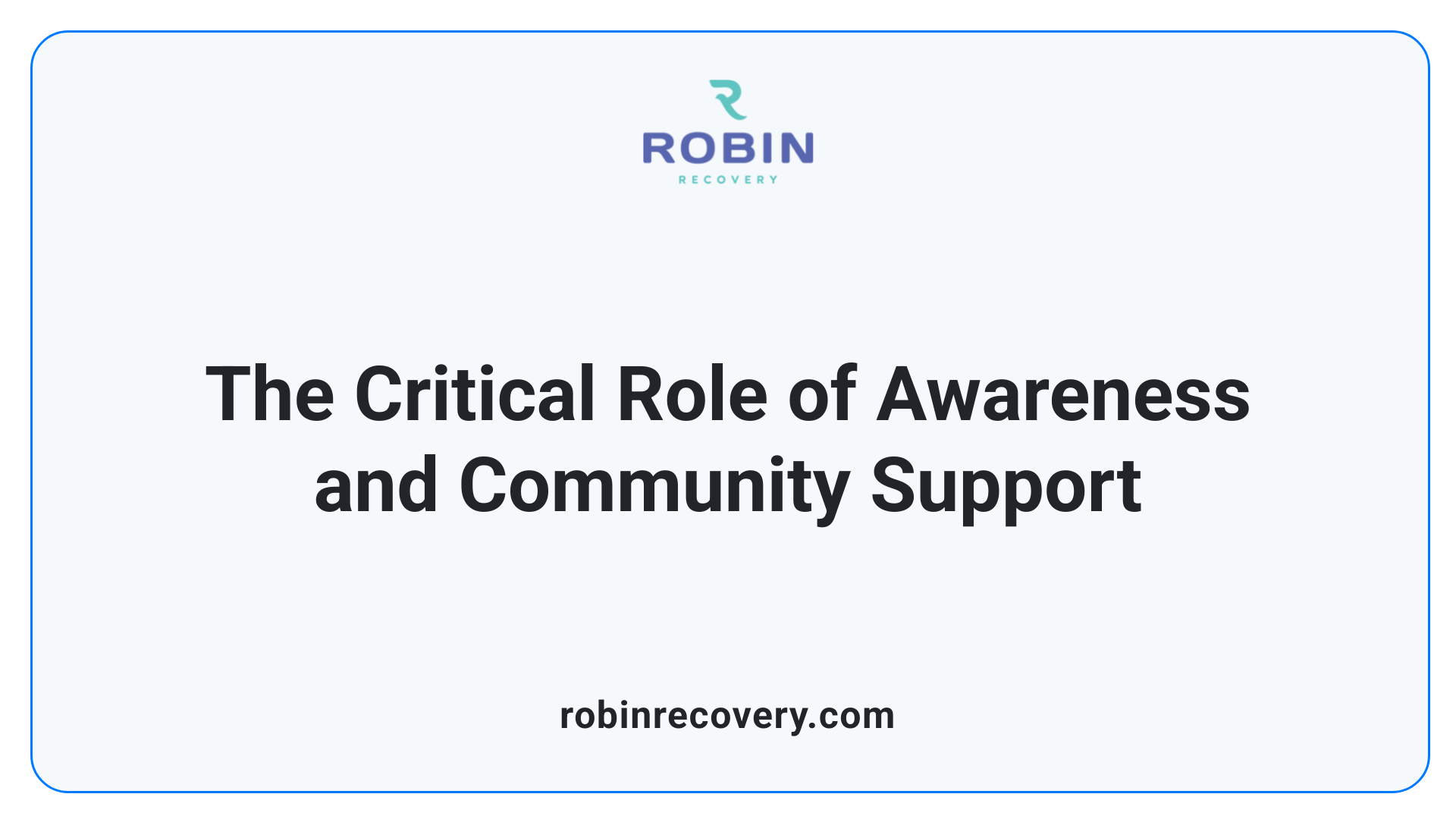
Raising Awareness
Raising awareness about eating disorders is crucial in creating an informed society. By educating others about the signs and symptoms, we can reduce stigma and encourage individuals to seek help. Information campaigns can highlight that eating disorders affect anyone, regardless of gender, age, or background. The more people understand these conditions, the more likely they are to recognize them in themselves or others.
Supporting Individuals with Eating Disorders
Support for individuals with eating disorders involves compassionate listening and encouragement rather than judgment. Families and friends play a pivotal role by fostering a safe environment. Professional help, including psychotherapy and medical care, is essential for recovery. Resources like helplines and local support groups are invaluable for individuals seeking assistance.
| Support Resource | Description | Contact |
|---|---|---|
| National Eating Disorders Association (NEDA) | Provides educational resources and connects individuals with treatment options. | NEDA Helpline |
| ANAD Helpline | Offers support and guidance for those struggling with eating disorders. | ANAD |
| Local Support Groups | Community gatherings for shared experiences and recovery tips. | Search locally or visit NEDA for listings. |
By growing awareness and providing support, we can create a more understanding society that aids individuals in their recovery journey.
Towards Greater Understanding and Support
Eating disorders are complex mental health conditions that require comprehensive understanding for effective prevention, treatment, and support. While these conditions can pose life-threatening risks, they are also treatable with the right combination of medical, psychological, and nutritional interventions. By raising awareness and encouraging early intervention, individuals and families can be better equipped to manage and overcome these challenges. Building a supportive community and recognizing the signs early are pivotal in guiding those affected towards recovery.
References
- What are Eating Disorders? - Psychiatry.org
- What is an Eating Disorder?
- Eating disorder - Wikipedia
- Get Help - National Eating Disorders Association
- Eating disorders - Symptoms and causes - Mayo Clinic
- Eating Disorders: 6 Types and Their Symptoms - Healthline
- Disordered Eating vs. Eating Disorders
- Eating Disorders - National Institute of Mental Health (NIMH)
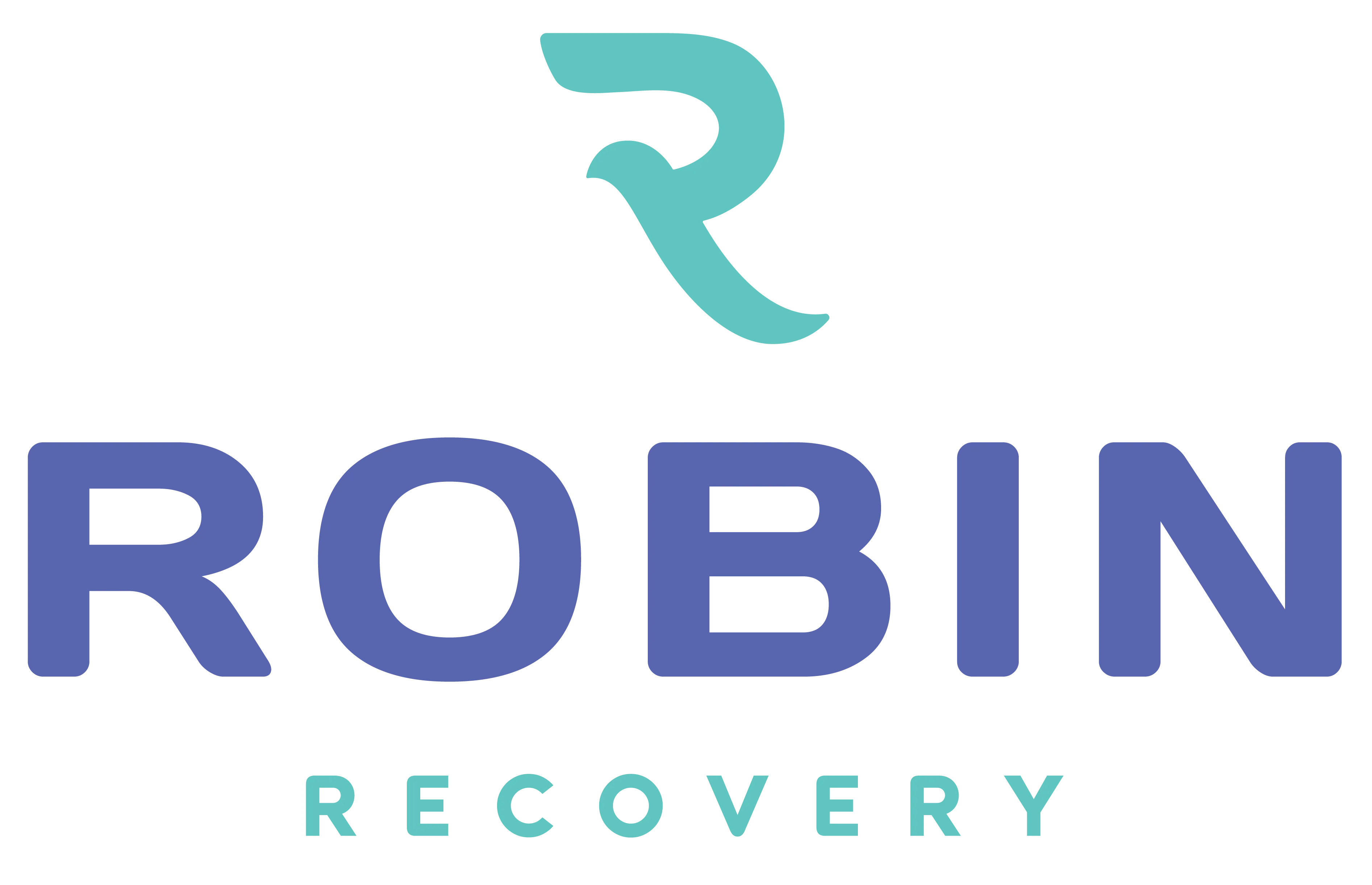
.svg)

.svg)

.svg)
.svg)















































































